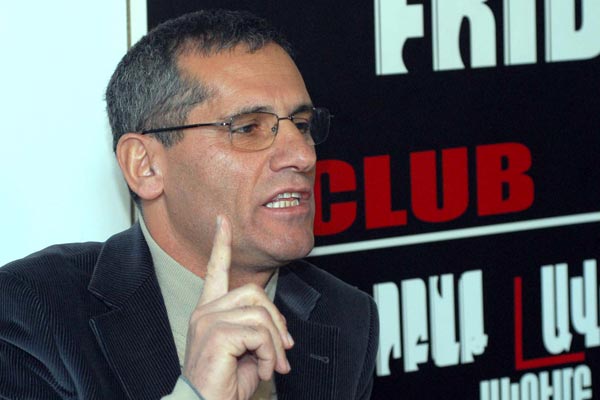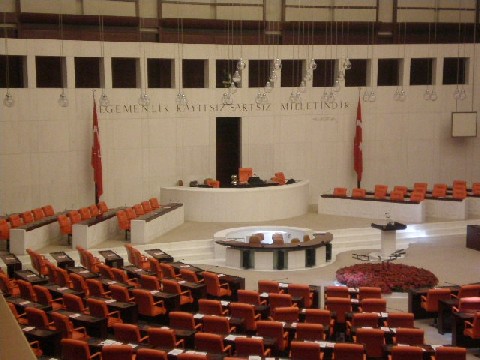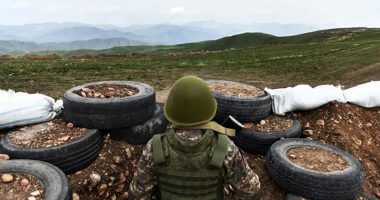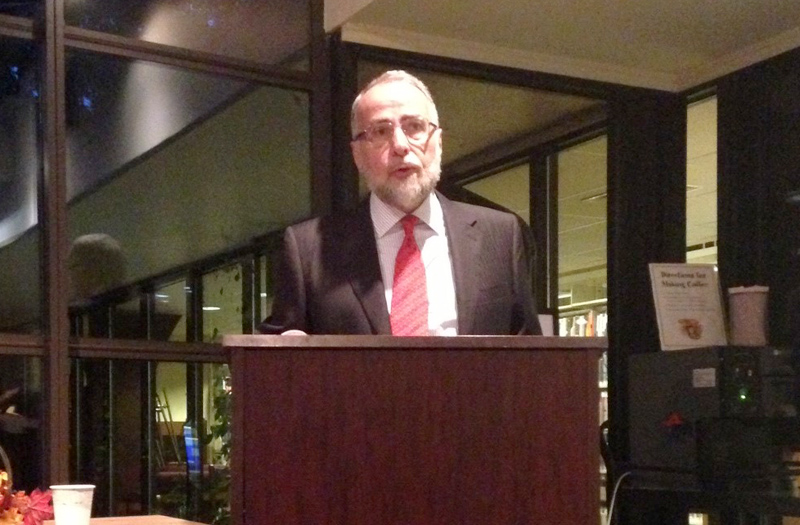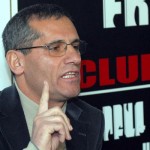

Mihran Gultekin, a Turkish-Armenian, is paying his first visit to Armenia. He noted that several years ago his family decided to announce their Armenian descent and to restore their Armenian name. Gultekin was baptized as a Christian, changed his Turkish name Selahattin, and now is known as Mihran Prkich (Mihran Savior)
“In Dersim, everyone knows our family as an Armenian one. For a long time we had spoken about returning to our Armenian roots. After studying a series of international archives I applied to the court and changed my name, then I founded the “Union of Dersim Armenians,” speaker said.
Gultekin noted that some of the Armenians are now appealing to court, converting to Christianity and taking an Armenian name. But this is not a general tendency, despite the absence of pressure by the ruling power of Turkey. The greater part of hidden Armenians of Dersim, according Gultekin, is afraid that the nationalist regime may be back and may repress them.
Currently over 200 families have announce their Armenian descent in Dersim, Gultekin said.
Mihran Gultekin, now 51 old, knew that he is Armenian since he was seven years old; however, he managed to fulfill his dream of returning his identity only at the age of 50. His 21-year-old son has also been converted, and he is baptized as Hrant.
In the beginning the union must teach Armenian to those who don’t know their mother tongue, which, according to Mihran, is again difficult, because there is a lack of specialists of the Armenian language, therefore volunteer youth groups from Istanbul to help them.
“We want our ties with Armenians to be activated. Armenia was introduced to our youth as a backward country, but I am astonished to see this developed city – Yerevan,” Mihran says, appealing to everybody to join their festival to be organized in August in Dersim, where the culture of Dersimtsi Armenians will be presented.
“There are many common things, like dances. For example, Kochari [Armenian national circular dance] which for all our lives we thought was a Kurdish dance, but now we understand that it is Armenian. Besides, I heard songs performed by the Armenian choir in Istanbul and I realized that I had heard all those songs in Kurdish,” Mihran says, adding, “We need to re-find our culture.”
Open Letter on the Proposal to Rename the Armenia-Turkey Border Crossing After Talat Pasha
We express our deep concern and disappointment regarding the recent proposal introduced…
- MassisPost
- July 3, 2025
- No comments
- 2 minute read
Pashinyan’s Visit to Turkey and Beyond
By KRIKOR KHODANIAN At the invitation of Turkish President Recep Tayyip Erdoğan,…
- MassisPost
- June 29, 2025
- No comments
- 3 minute read
“I Still Can’t Believe What Happened on June 20”
By LUSYEN KOPA Exactly three months ago, I wrote an article titled…
- MassisPost
- June 26, 2025
- No comments
- 4 minute read
Anniversary of the Immortality of the Twenty Hnchakian Heroes
By KRIKOR KHODANIAN 110 years ago these days, the prominent figures of…
- MassisPost
- June 15, 2025
- No comments
- 3 minute read

